Tuesday, May 14, 2024

South Sudanese, Rwandans Share Stories of Resilience in Search of Hope
Twenty years after the genocide, Rwanda is often seen as an example of reconciliation and social reintegration. Reminders of the systemic violence perpetrated by the government that began in 1992, in addition to the 100 days of genocide in 1994, are barely visible at the surface. But University of Rwanda lecturer Alice Karekezi notes that “the Rwandan people still carry the scars of war.” And it is still considered taboo to discuss ethnicity in public. But dialogue clubs have emerged in comm...

Dialoguing for Reconciliation in Yemen
The National Dialogue is an important milestone in Yemen’s transition. Following the broad grassroots revolution in Yemen that began in January 2011 and continued throughout that year, the Gulf Cooperation Council (GCC) facilitated the transition of President Ali Abdullah Saleh from power. As part of the agreement brokered by GCC, an inclusive "National Dialogue" was held to discuss constitutional reform, key political roadblocks such as the question of southern independence and adoption of l...

USIP Grant Strengthens Training Program for Humanitarian Aid Responders
When Indian River State College identified a lack of adequate training among humanitarian aid and peace operations practitioners, the United States Institute of Peace (USIP) offered grant funding to a project that develops sustainable simulation platforms to conduct peace and humanitarian operations training.
USIP Grant Enables Peace Education Programs in Somalia
If the youth are the seeds of our future, then education is the light which helps them grow – and in this case, the United States Institute of Peace's (USIP) grantees are the greenhouse, ensuring that the roots of peace begin to develop early and deeply in the communities that need it the most. Right now, USIP's grant program is supporting youth peace education in Uganda, Sudan and Somalia.
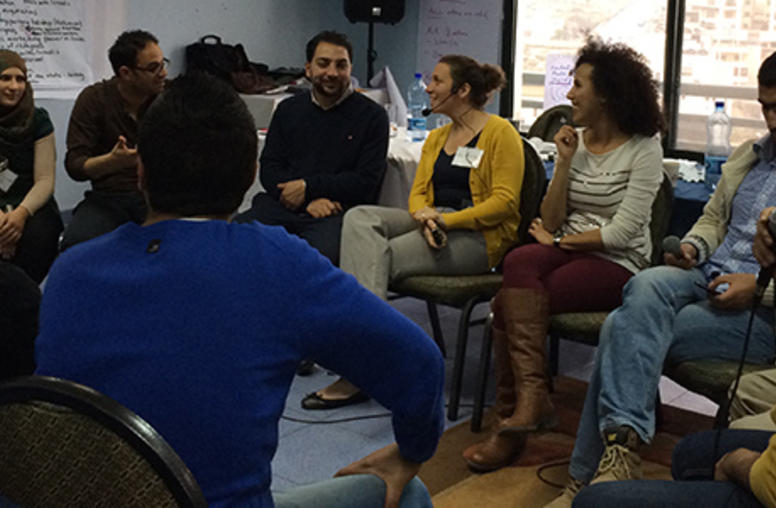
Amid Israel-Hamas War: Is Peacebuilding a Dream or Reality?
While in Israel two weeks ago, as sirens sounded, rockets and missiles flew, and the sadly-certain descent began to where the two sides find themselves today, I heard a common refrain from a range of partner organizations and other civic activists working on peacebuilding in Israel: The current fighting will end, hopefully tomorrow, maybe in a week or a month. But when it does, the underlying dynamics and problems remain to be addressed. Our work can't stop.
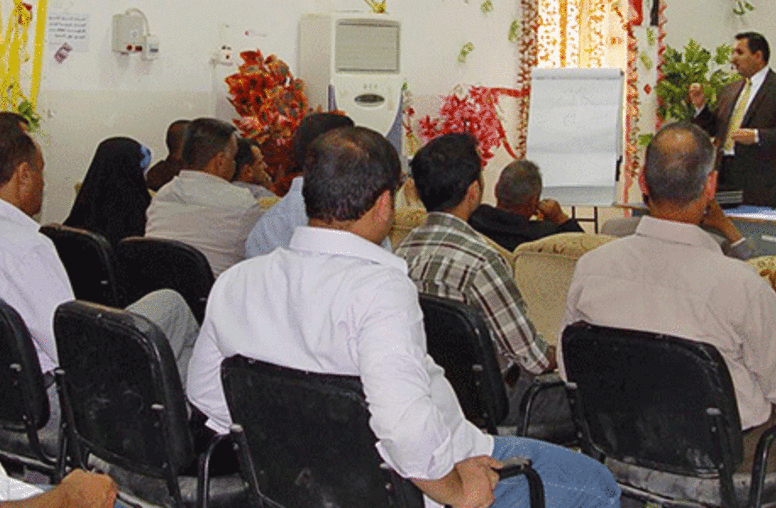
Citizens Mobilize to Improve Services in Iraqi Province
In the summer of 2012, tensions rose between citizens and local authorities in Al-Muthanna Province, a largely tribal and conservative governorate in southwest Iraq. Frequent disputes over poor public services and funding for development projects, as well as corruption allegations, had stalled important initiatives such as a water-and-sewer upgrade and an effort to clear roads of trash. Similar frustrations had led to clashes, deaths and burning of government buildings in neighboring Wasit an...
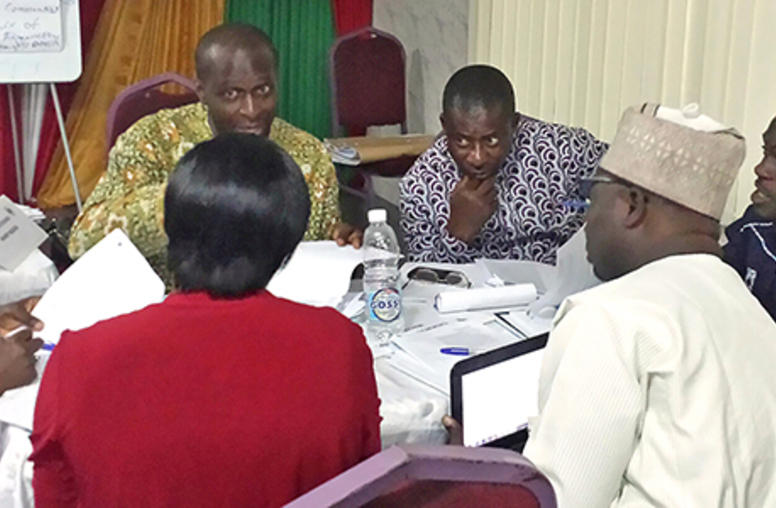
Nigeria Activists Find Gaps in Violence Prevention Efforts for 2015 Elections
Nigeria's February 2015 general elections have been described by former Assistant Secretary of State Johnnie Carson, a senior advisor at the U.S. Institute of Peace, as being both "intensely watched and extremely important." The vote poses risks as the country struggles with internal conflicts, but it also presents possibilities for citizen engagement and political stability. Yet a workshop we conducted recently in the capital Abuja exposed some critical gaps in efforts to prevent election-r...
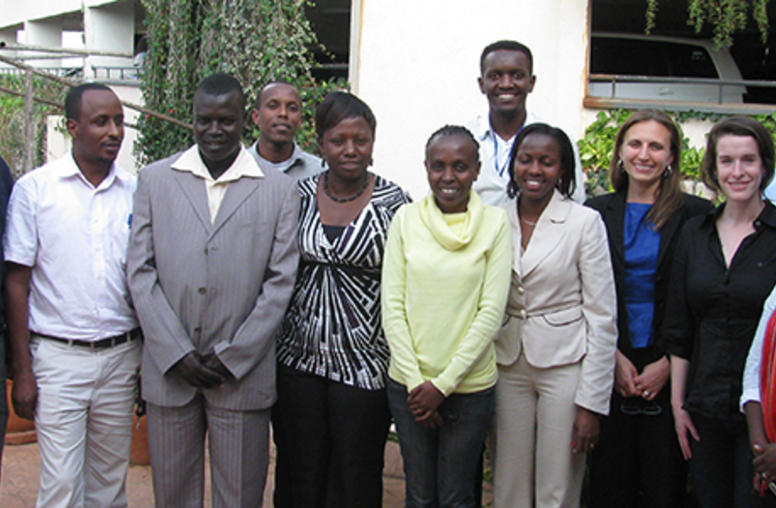
Kenyans Question "Prevention Success" of 2013 Elections
A Nairobi audience of journalists, election officials, and civil society gathered to hear the results of field work conducted in 10 counties across Kenya. The study gauged popular attitudes about the factors that explained the absence of widespread violence during Kenya’s 2013 Presidential elections. Conventional wisdom among international observers indicated that these elections presented a ‘prevention success,’ since the widespread violence of the 2007-08 elections had not been repeated. Bu...
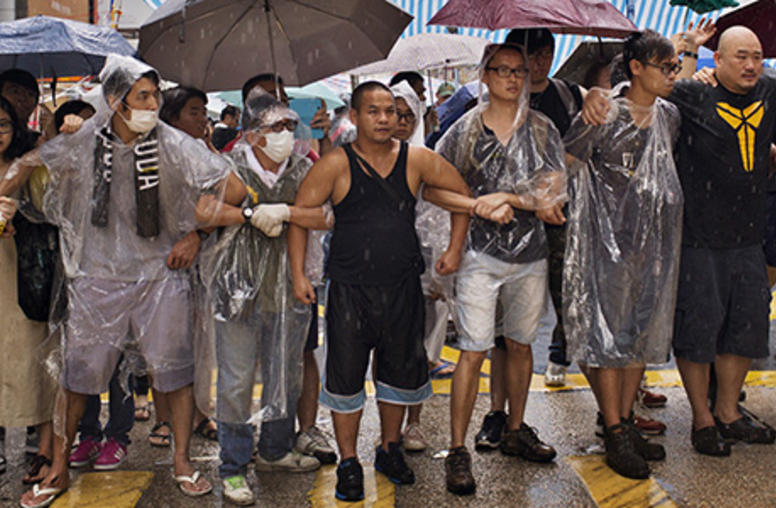
Confronting Repression: Donors, Civic Groups Brainstorm Solutions
A Filipino activist fighting human trafficking, a member of a watchdog group in Uruguay, an Egyptian peacebuilder, an anti-corruption campaigner from Ghana, a Dutch freedom-of-expression activist and an American tech- and civic-engagement guru – these are just a few of 47 civic leaders who met in Turkey this month to discuss ways of supporting civil society in an era of increasing government repression.
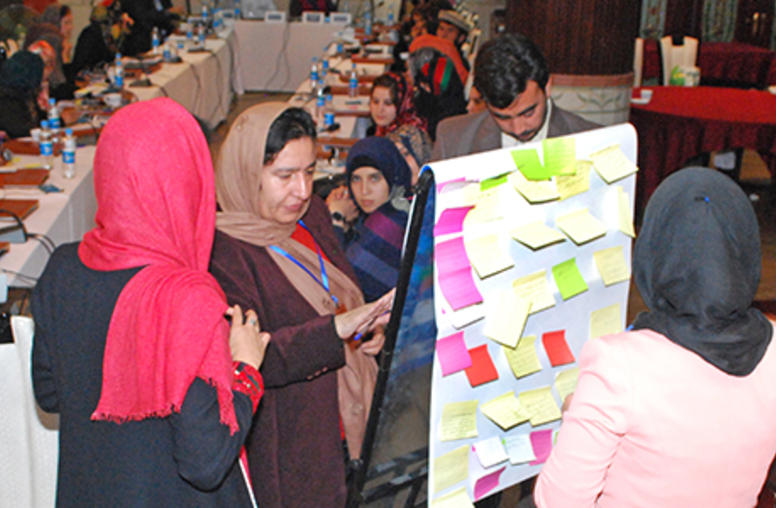
Protecting Women’s Rights in Afghanistan … And Making it Last
Wazhma needed a lawyer. She could no longer stand the beatings her husband was inflicting in a marriage that she had not wanted in the first place. As a third-year medical student, she knew she had rights and she wanted a divorce. Hers was one of 11 cases that the Women Defense Lawyers’ Advisory Council took to court in Afghanistan over the course of a year.
